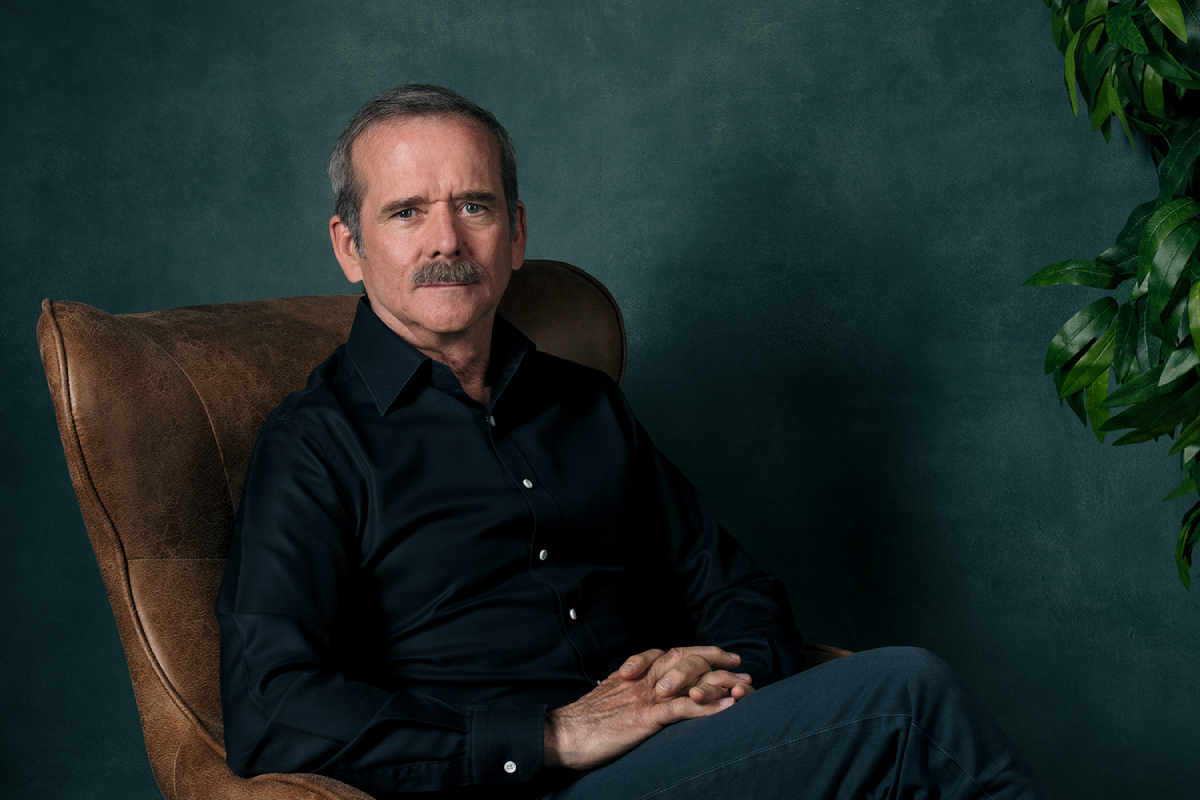On Friday, Nov. 16, 2022, the United Nations Climate Change Conference (COP27) was concluded in Sharm El-Sheik, Egypt with a landmark agreement in providing “loss and damage” funding for those countries that suffered the most from climate disasters. The summit brought more than 45,000 participants to offer their solutions on the various issues that climate change directly affects. Among them was Larry Rousseau, Executive Vice President of the Canadian Labour Congress.
Rousseau’s goal was to ensure that while it’s crucial for the Canadian government to invest in new technologies and industries to achieve net-zero emissions by 2050, it’s equally important that worker and union engagement have a seat at the table as well — something he feels was left unclear in their Fall Economic Statement. Rousseau spoke to The Edge, A Leader’s Magazine about the progress made toward such a Just Transition, to sustain work while reaching climate targets, and offered his thoughts about the CUPE strike that occurred in Ontario.
You were in Egypt last year for COP27. Can you tell us about the importance of a Just Transition and exactly what it means for Canada?
Just Transition without workers at the table is just disruption. For 155 years, this country has been basically on a cycle of boom-and-bust economies. We extract, we drill. As long as the companies are making profits, everybody’s very happy. Then as soon as the prices of commodities go down, and sometimes just completely crash, we see people just thrown out onto the streets and their ways of life completely disrupted. Very often that leads people to making decisions, and perhaps losing confidence in the ability of society to look after them. It’s extremely important that we talk of just transition as being a process. You also have to have employees at the table through their representatives. A true tripartite process is one where consultation is about asking the workers about their ideas, about what’s coming up, and what is needed. And we cannot have that dialogue, that tripartite dialogue, without extending it also to what we call the social dialogue. We can’t have that without talking about social protection mechanisms. Because, in our communities, especially in our resource-rich communities, when these bust cycles occur, we have a lot of disruption.
We simply can’t talk about transition as being, well, “how are we going to fund and invest in wind, solar, hydrogen, and all those other forms of energy that will cut our emissions, without talking about the workers and how we are going to establish a workforce?”
So Just Transition: it’s just a couple of words, but it’s a very wide concept. We want to ensure not just that it includes workers, but also that workers understand and trust the process. It’s not just going to be another bunch of words that when push comes to shove, and when the rubber hits the road once again, workers will be forgotten.
Two years ago, you spoke out against the Canadians with Disabilities Act, saying it failed to meet the amplified needs of those who would benefit. How can businesses help?
We have recommendations for improvements. And what we recommended was that accessibility in employment must fall under provisions of the Employment Equity Act. The Employment Equity Act is really centered on human resources and employment at the federal level. Where employment is concerned and where labour rights are concerned, collective bargaining agreements need to be protected. If it’s not specifically pointed out that employers need to have representatives at the table in order to help with the implementation of the act, they won’t do it.
They’ll simply say, “We let the employers know what our decisions are, and we call that consultation.” But that’s not true consultation. Employers need to have policies and mechanisms on how to make sure that they are fully integrated, and continue to be able to participate fully in the workplace. I think that where employers are concerned, every employer needs to have a plan on how they are going to implement the provisions of the acts that are involved.
What else might be on your radar in the future that the country may not be focusing on closely enough?
The last weeks have been extremely important in our country, where labour rights are concerned and where collective bargaining is concerned. Ontario, the most economically powerful province in the country, headed by conservative government, thought that they could pull a fast one, do something that we normally see in South American countries. Just make the trains run on time, and this is what you’re going to get.
Well, that completely invalidates section two of the Charter. We have a constitutional right, and I think that the way labour reacted, for once we rounded up the wagons and we didn’t shoot inward. Despite the fact that people had the threats, reprehensible as they were, we took to the streets. People are no longer being intimidated by big, bad employers who are going to threaten. I think that we have to recognize that workers across this country, whether they are organized or unorganized, are demanding more. The pandemic has really made a lot of people rethink what their lives are like, and we’re going to see more of what we saw. There are going to be more conflicts or clashes. Interest in unions and forming unions is at an all-time high since the 1960s and 1970s. That’s something that we all in the union movement have a responsibility to run with, and take advantage of. I think now is the time to really work to do that.
As Executive Vice President of the Canadian Labour Caucus, what’s your vision for the labour landscape around you?
It is the union that makes us strong, but it’s the unity in the union movement that also makes us strong. We need to come together so that workers across this country will have better lives. That impacts communities and just everyone across this country.
Kenny Hedges | Contributing Writer



















